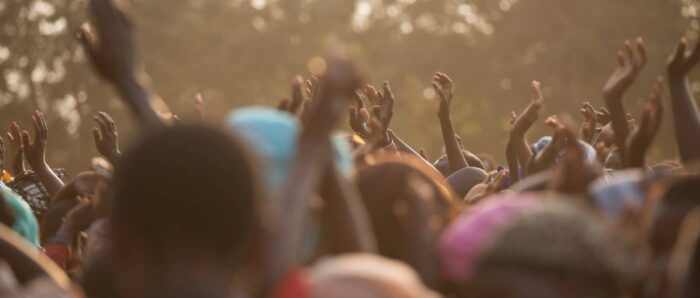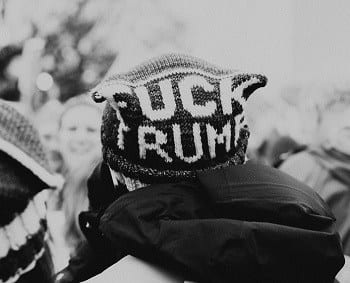With every passing generation and perhaps even every passing year more of us are motivated and inspired to help build a better world. We not only want a world more aligned with our values and beliefs, we yearn to play a meaningful role in making that world a reality ourselves. We want to “be the change” we wish to see in the world.
We yearn to be change agents.
And yet, so often the labels “change agent,” “changemaker,” or “change leader” feel too big, too abstract, or just not quite right for us. We feel we don’t deserve it. We haven’t earned it yet. We aren’t sure whether we have a meaningful role to play in combating the climate crisis, oppression, poverty, authoritarianism, and all of humanity’s other great challenges. We feel powerless in such an immense, complex, and often ambiguous world.
We often think of change agents only as those out at the front of the lines with megaphones during protests or the CEOs or leaders of paradigm-shifting organizations or the type of person who gives a TED Talk. Or maybe we even afford that title to that friend of ours who is so informed and provocative on social media or who confidently speaks up and makes their voice heard in class or public events.
All these types of people can be and often are wonderful, impactful, much-needed change agents. But there are many different types of change agents who make their impact in a variety of roles, at different scales, and at different levels of visibility and acknowledgment. Some are out in front of millions. Some are radical and provocative. Some are incredible visionaries. And many are none of these things at all. They work in ways that are subtle and often go unseen and underappreciated. Quite often, they have nothing to do with activism. Quite often, they make a change only within small communities or their family of origin.
The low-level employee who inspires and demonstrates new values and norms at the workplace is a change agent. The engineer who builds a website to organize an advocacy event is a change agent. The young adult who goes to therapy to undo damaging messaging and belief systems from their childhood in order to prevent themselves from perpetuating it further is a change agent. The parent who goes to great lengths to ensure that their child is seen, nurtured, and validated and breaks family cycles of trauma and neglect is a change agent. The artist who through their work expresses their reactions to the world or articulates the world they yearn for is a change agent.
A change agent is anyone who takes action to foster positive transformation in themselves and the world, regardless of their employment status, education, social authority, visibility, age, or role.

To become a change agent, or a more impactful change agent, is not necessarily to become more “activist-y.” It’s not necessarily to become more provocative on social media. It’s not necessarily to create or lead an important organization or project.
To become a change agent is to discover and unleash your own unique gifts in service to the greater good. And yes, everyone has unique gifts and roles to play in change. Everyone has the ability to make meaningful, positive change in the world. Everyone has the capacity to be a change agent, if they desire to.
You are a change agent, if you want to be. Do you?

Exercise: Naming the gap
Look at yourself today. Consider where are you with respect to social change and impact. Do you think of yourself as someone who makes a meaningful, positive change in the world? If so, why? If not, why not?
Now, look into your ideal future as a change agent. What do you most yearn to accomplish, be, and enact in the world? What challenges do you wish to focus on? What results do you want to see and help realize? How do you want to make others feel? How do you want to feel yourself? What would you need to do or change about yourself to become that person? What barriers stand in your way?
There is the change agent you are today. And then there is the change agent you most yearn to become. Maybe they are very close to one another. Maybe they are wildly different.
If you had to distill the gap between the change agent you are now and the change agent you most yearn to be down to just a few words or phrases what would they be?



